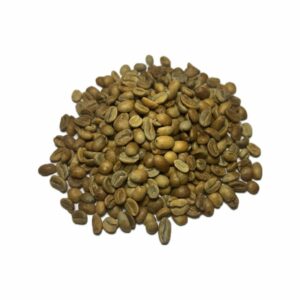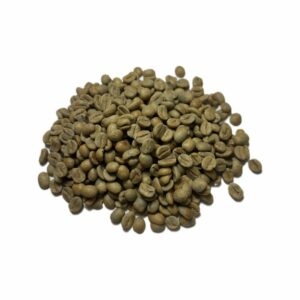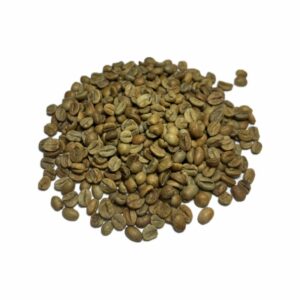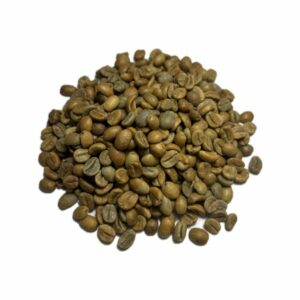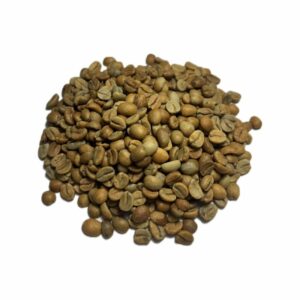LAST DAYS!
- Free shipping!
- In orders of Green coffee over 3.500€.
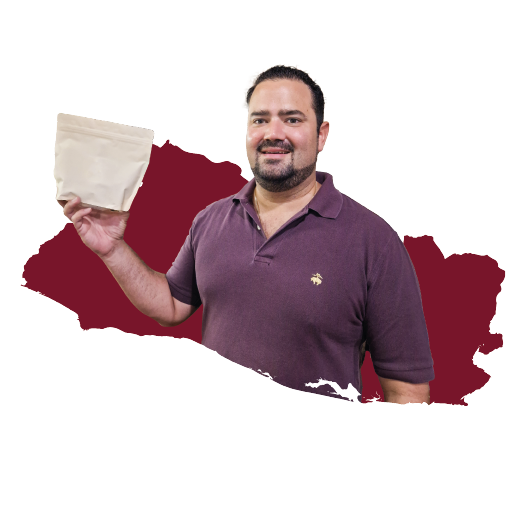
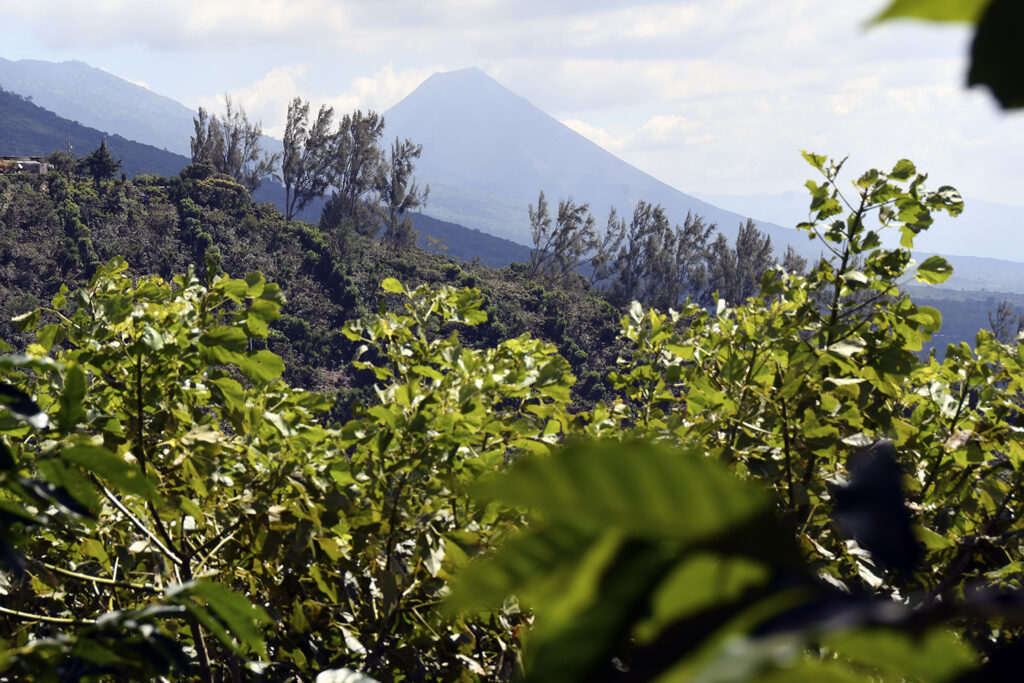
El Salvador is located on the Pacific coast and has a surface area of 21,041 km². With a population of approximately 6.8 million inhabitants, it is one of the smallest countries in Central America, but with a long-standing coffee-growing tradition.
Its mountainous geography, influenced by the Apaneca-Ilamatepec mountain range and the Sierra Madre de Chiapas, has favored the development of high-altitude coffee farms and has been key to the recognition of its six coffee-producing regions with Denominations of Origin. In El Salvador, coffee cultivation is exclusively of the Arabica species and generates around 25,000 direct jobs. The industry is known for its focus on traceability and sustainable quality.
From an ecological perspective, coffee plays a fundamental role in soil conservation and biodiversity. Unlike other crops, coffee farms have replaced native forests with an agroforestry system made up of shade trees, windbreaks, and ground cover, preserving the environmental balance in coffee-growing areas.
In addition, 90% of El Salvador’s soils are of volcanic origin, rich in organic matter, which favors the healthy development of coffee plants. The country is located in a tropical climate zone, with stable temperatures around 25°C and an average annual rainfall of 1,823 mm, ideal conditions for producing high-quality coffees.
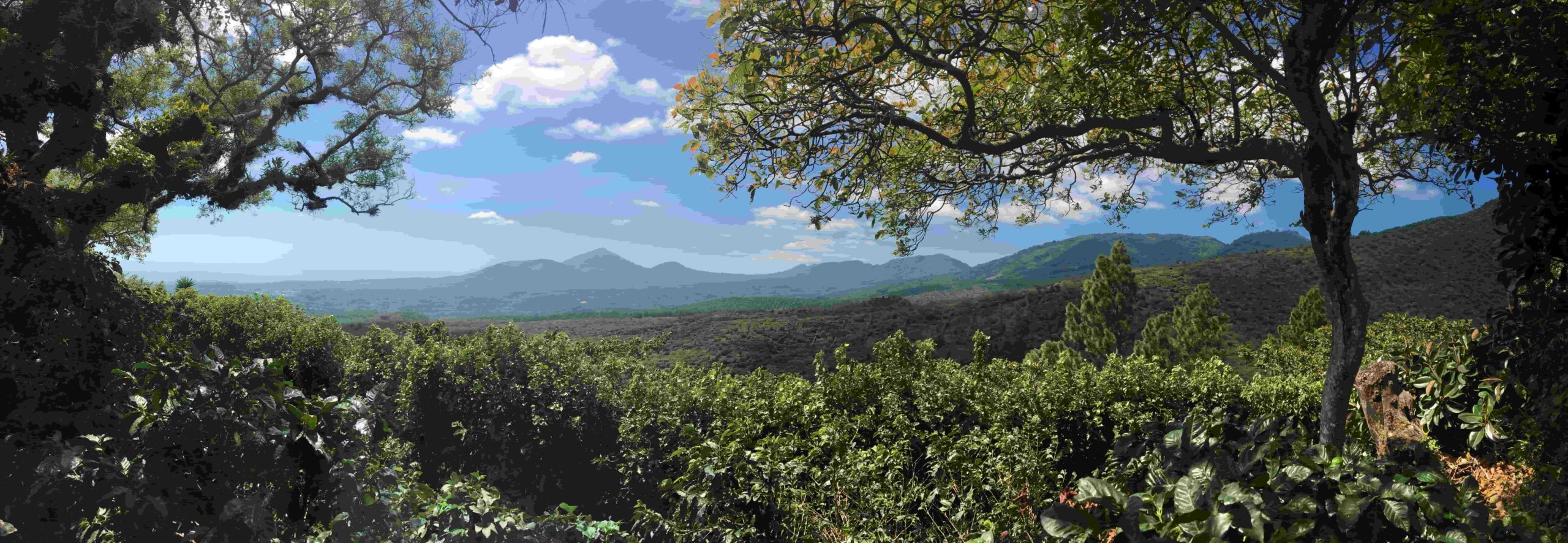
The Apaneca mountain range is a volcanic mountain range located in the west of El Salvador, this mountain range is composed of volcanoes, including the IIamatepec volcano, one of the most active in the region. The Apanenca-Ilamatepec coffee-growing region has an estimated population of 1.26 million inhabitants and an area of 4,289.95 km², This region has 37 coffee-growing districts, including Santa Ana, Ahuachapán, Juayúa, and Sonsonate, these districts are home to more than 9,740 families cultivating more than 70,881 hectares of Coffee of Arabica Species of the Variety Pacas, Bourbon, Pacamara, Catimores, Casticis, Cuscatleco and Catuaí.
Apaneca – Ilamatepec occupies the 1st place as the country’s coffee growing region with a production of 53% of the country’s total production.
